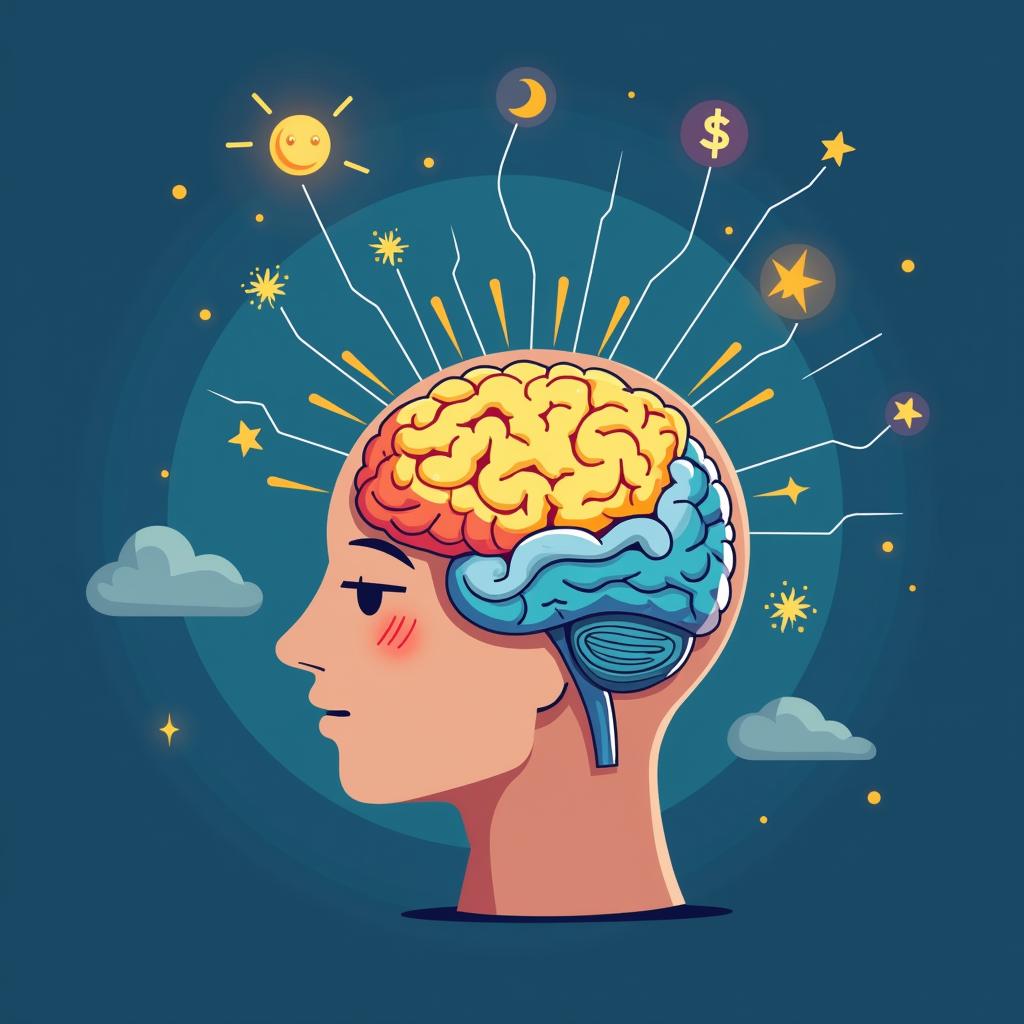Sleep is an essential component of our health and well-being, impacting everything from our mood to our cognitive abilities. Among the various stages of sleep, Rapid Eye Movement (REM) sleep has garnered much attention due to its association with dreams and its significant role in enhancing productivity. In this article, we will explore how REM sleep boosts productivity and why it is crucial for achieving peak performance in daily activities.
What is REM Sleep?
REM sleep is one of the five stages of the sleep cycle, characterized by rapid movement of the eyes, increased brain activity, and vivid dreams. It typically occurs about 90 minutes after falling asleep and recurs multiple times throughout the night, with each episode becoming longer as the night progresses. On average, an adult spends about 20-25% of their sleep in the REM stage, which translates to roughly two hours in a typical eight-hour sleep period.
The Importance of REM Sleep for Cognitive Function
Cognitive functions such as memory, attention, and decision-making are crucial for productivity, and obtaining adequate REM sleep can significantly impact these functions. During REM sleep, the brain processes and consolidates information gathered throughout the day, strengthening neural connections. This process is vital for:
- Memory Consolidation: REM sleep plays a critical role in transforming short-term memories into long-term ones, making them easier to recall when needed.
- Problem-Solving: The brain’s increased activity during REM sleep allows for creative thinking and innovative problem-solving, enabling individuals to approach challenges from different angles.
- Emotional Regulation: REM sleep contributes to emotional processing, helping individuals make more rational decisions and maintain a balanced mood, which can ultimately enhance productivity.
How REM Sleep Enhances Focus and Concentration
Focus and concentration are paramount for productivity, and REM sleep can significantly improve these aspects of cognitive function. Here are ways in which REM sleep contributes to better focus:
- Restoration of Energy: REM sleep rejuvenates the brain and body, providing the necessary energy levels to tackle tasks efficiently during waking hours.
- Increased Alertness: A well-rested brain is more alert and responsive, allowing individuals to concentrate better on their work without succumbing to fatigue.
- Enhanced Processing Speed: REM sleep has been linked to faster information processing, making it easier to acquire new skills and retain knowledge.
Creative Thinking and REM Sleep
Creativity is often a key driver of productivity, particularly in fields that rely on innovation and out-of-the-box thinking. REM sleep has been shown to play an essential role in enhancing creative thinking through:
- Integration of Ideas: During REM sleep, the brain connects disparate pieces of information, allowing for unique insights and novel ideas.
- Divergent Thinking: REM sleep fosters the ability to generate multiple solutions to a problem, increasing the chances of finding creative outcomes.
- Visual Imagery: The vivid dreams experienced during REM sleep can stimulate imaginative thinking and inspire artistic expression, which can be beneficial in numerous professions.
How to Improve REM Sleep Quality
While understanding the importance of REM sleep is crucial, it is equally essential to ensure that you are getting quality REM sleep. Here are some tips to enhance the quality of your REM sleep:
- Establish a Consistent Sleep Schedule: Going to bed and waking up at the same time every day helps regulate your body’s internal clock, improving overall sleep quality.
- Create a Restful Environment: A dark, quiet, and cool sleeping environment optimizes the chances of entering REM sleep. Consider using blackout curtains and white noise machines if necessary.
- Avoid Stimulants Before Bed: Nicotine, caffeine, and heavy meals can hinder sleep quality. Aim to minimize these stimulants in the hours leading up to bedtime.
- Engage in Relaxation Techniques: Techniques such as deep breathing, meditation, or gentle yoga can promote relaxation, helping you fall asleep faster and enter REM sleep more effectively.
The Connection Between REM Sleep and Physical Health
Productivity is not solely reliant on mental sharpness; physical health also plays a crucial role. REM sleep contributes to physical health by:
- Promoting Recovery: During REM sleep, the body repairs itself, promotes cell growth, and supports immune function.
- Regulating Hormones: REM sleep helps regulate hormones involved in stress and appetite, which can affect overall health and energy levels.
- Reducing Stress Levels: Good quality sleep, including adequate REM sleep, lowers overall stress levels, contributing to better health and improved productivity.
Conclusion
In summary, REM sleep is a vital component of the sleep cycle that significantly boosts productivity through enhancing cognitive functions, improving focus and concentration, fostering creativity, and promoting physical health. It is essential to prioritize and invest in your sleep routine to harness the benefits of REM sleep fully. By following best practices to improve sleep quality, you can enhance your productivity and, ultimately, your quality of life.







